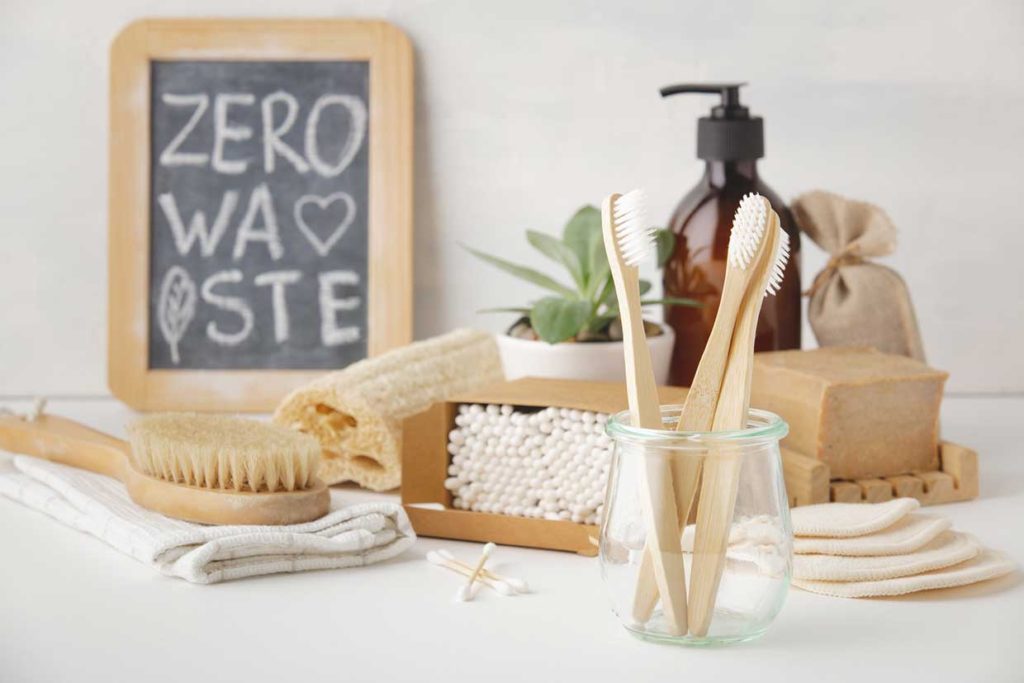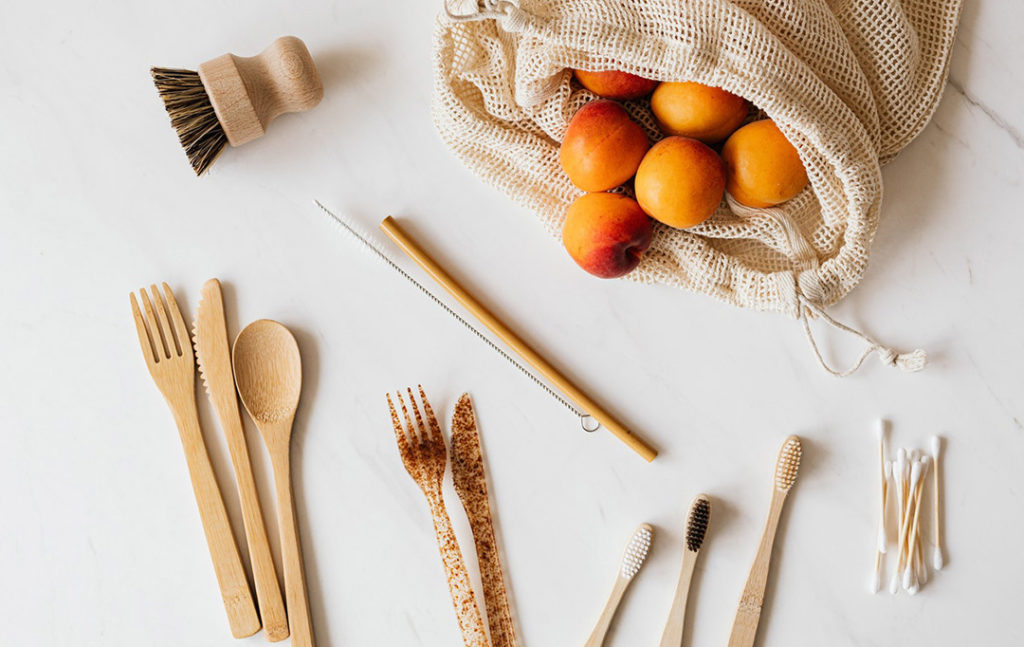It isn’t always simple to change. Changing your regular routines, whether it’s adjusting to new social distancing standards or trying out new workout sessions, may be difficult. We previously published a list of practical ideas (along with budget-friendly product choices) to assist customers in making their kitchens more sustainable, and now we’re focusing on your bathroom.
The bathroom is a location that is varied in its usage, whether it includes personal care, grooming, beauty, or simply general seclusion. But we tend to ignore the amount of single-use plastic and paper goods we use in that space compared to other spaces in our houses.
Eco-friendly Bathroom Products
Eco-friendly toilet/Tissue paper
Eco-friendly toilet paper is made entirely of bamboo and is an environmentally beneficial alternative to toilet paper made from trees. “Tissue products manufactured from bamboo emit 30% fewer greenhouse gas emissions than tissue made from virgin wood,” according to a research by the Natural Resources Defense Council, a nonprofit environmental advocacy group.
According to the company, Eco-friendly goods, such as Cloud Bamboo Paper Towels, are 100 percent plastic-free (as is common in packaging) and use paper from producers certified by the Forest Stewardship Council and the Sustainable Forestry Initiative. Eco-friendly products are available as a one-time purchase or you can purchase it on Amazon on a regular basis.
Toothpaste
The majority of consumers connect mainstream toothpaste brands with clinical studies and scientific knowledge. However, toothpaste frequently contains toxic components that should not be disposed of in rivers — or even in your mouth. The majority of individuals, however, do this twice a day, every day, as a result of intense marketing.
Parabens (hormone-mimicking preservatives), microbicides (antibacterial compounds prohibited in certain Scandinavian countries), and saccharin are all common ingredients in toothpaste (a known carcinogen).
Traditional whitening toothpastes are especially suspect since they contain abrasives and bleaching chemicals like silica, pyrophosphates, hydrogen peroxide, or carbamide peroxide. When you add tiny beads to the mix, you’ve got a formula for environmental disaster.
Fortunately, all-natural and organic toothpastes are available. If you’ve never had one of these before, you might find the flavour unusual. Another ethical option is tooth powder. They’ve been found in studies to be more effective than toothpaste at removing plaque. The majority of teeth powders are natural and organic, and they don’t include fluoride, so they’re non-toxic and healthy for kids.
Another advantage of tooth powder is that it is easier to carry than tubes of liquid paste, which is good for the environment in terms of carbon emissions.
Bamboo Toothbrush
According to Dr. Jeremy Dixon of Gramercy Pediatric Dentistry, “one billion toothbrushes are thrown out every year in the United States.” Bamboo brushes are naturally biodegradable, making them “a wonderful eco-friendly alternative” to shipping more plastic directly to a landfill. While the handles are made of bamboo, the bristles are generally nylon and can be removed with a pair of pliers before disposal.
It’s not difficult to see how purchasing a new plastic toothbrush every few months adds up to a lot of trash. Multiply that by the number of people who use toothbrushes throughout the world, and we’ve got a big problem. Bamboo toothbrushes are a biodegradable and environmentally friendly option as Eco-friendly bathroom products.
Eco-friendly Surface cleaner
Toxic chemicals in toilet cleaners are harmful to the environment and to people’s health. One of the most widely utilised chemicals is chlorine bleach, which takes decades to degrade. Animal experimentation and palm oil are two more concerns with the toilet cleaning industry.
Making use of eco green surface cleaner as Eco-friendly bathroom products, such as this one or using bicarbonate of soda, reduces carbon emissions from heavy goods transportation, saves money, and eliminates plastic packaging if you use reusable glass bottles.
Bamboo laundry bins
The plastic bins are perhaps the most evident when glancing about your bathroom; the definition of single-use plastic. They will be thrown away once they are empty (and maybe even before that). Even if you are particularly diligent about buying recyclable bottles and rinsing, there are simple and creative methods to ensure you use less plastic in the first place.
Bamboo bathroom mats
Shower mats may appear to be nothing more than a piece of fabric to wipe your wet feet on, but they’re much more. They may alter the appearance and feel of your bathroom, as well as harbour mildew and the dreaded damp towel odour. Bamboo shower mats, on the other hand, have a lengthy list of advantages.
Bamboo is not only beautiful, but it is also resistant to water, stains, and mildew. The finest bamboo shower mats are also raised, so water doesn’t sit on your flooring and damage the material.
Bamboo is recognised for its strength and longevity, so you won’t have to replace your mat as often as you may think owing to fading or ripping from several visits to the washing machine. What is the most significant advantage? Because bamboo can not absorb water, it will not support mould and mildew growth as a conventional mat would.
Why we should reduce use of plastic in Bathroom
Plastic manufacture necessitates a tremendous amount of energy and resources, therefore reducing its usage is critical. This adds to global warming by causing carbon emissions.
Plastic recycling is inefficient; just 9% of all plastic generated has been recycled. Around 60% of it ends up in landfills or the ocean. It remains there for thousands of years, converting into “microplastic” and seeping into our drinking water and food sources.
Plastic production necessitates a large-scale industrial process that has a variety of environmental and social consequences.
Because about 10–20 million tonnes of plastic wind up in the seas each year, marine species are particularly vulnerable to plastic contamination. Seabirds, whales, and dolphins, for example, can become entangled in plastic debris. Furthermore, certain plastics float in saltwater, and animals will consume it if they mistake it for food.
Plastic trash may now be seen on city streets, farms, beaches, woods, and oceans. Plastic, while it takes a lot of energy and resources to make and recycle, has more negative consequences.
Making your bathroom eco-friendly by using Eco-friendly bathroom products is the best option moving forward.

